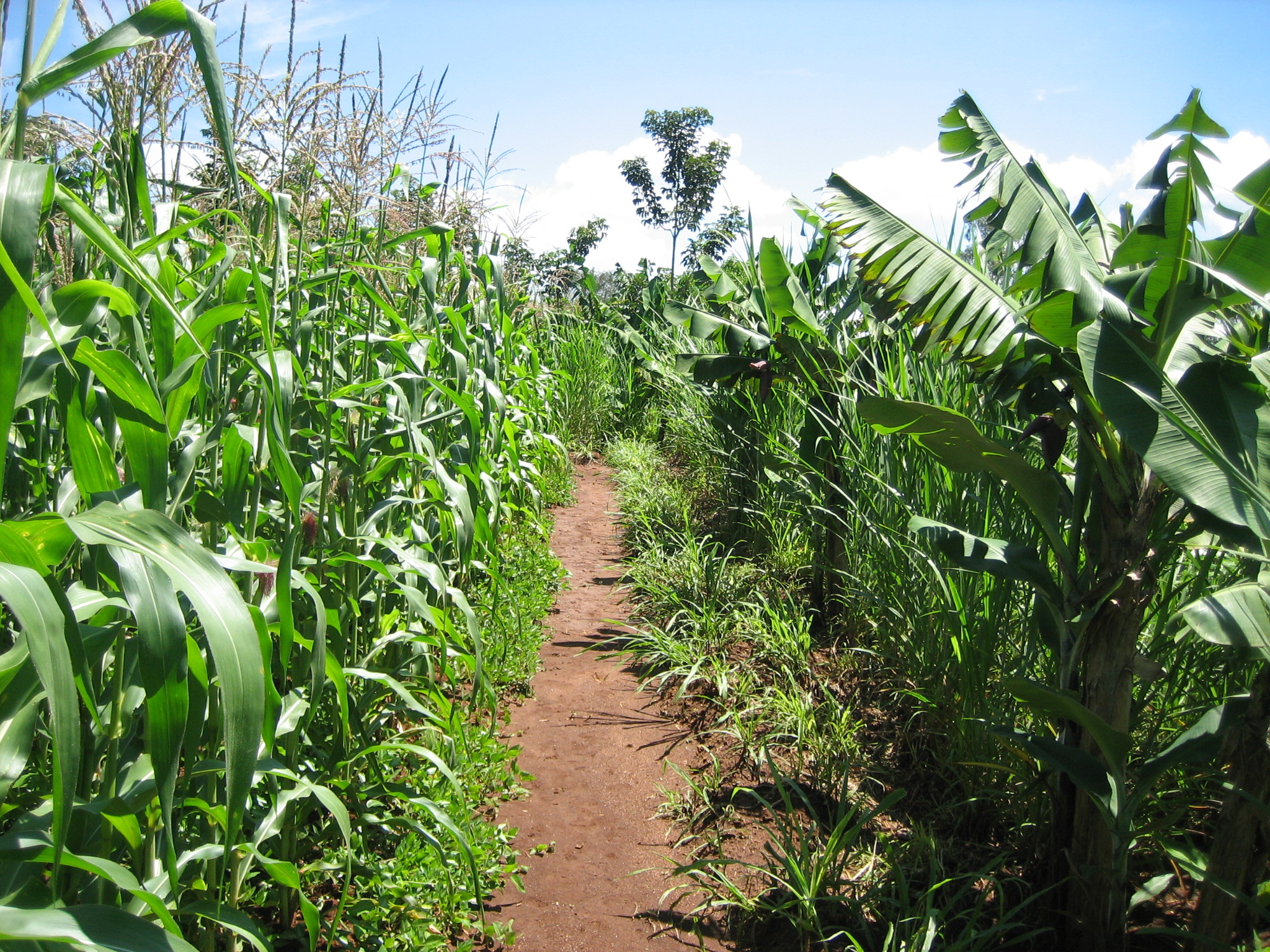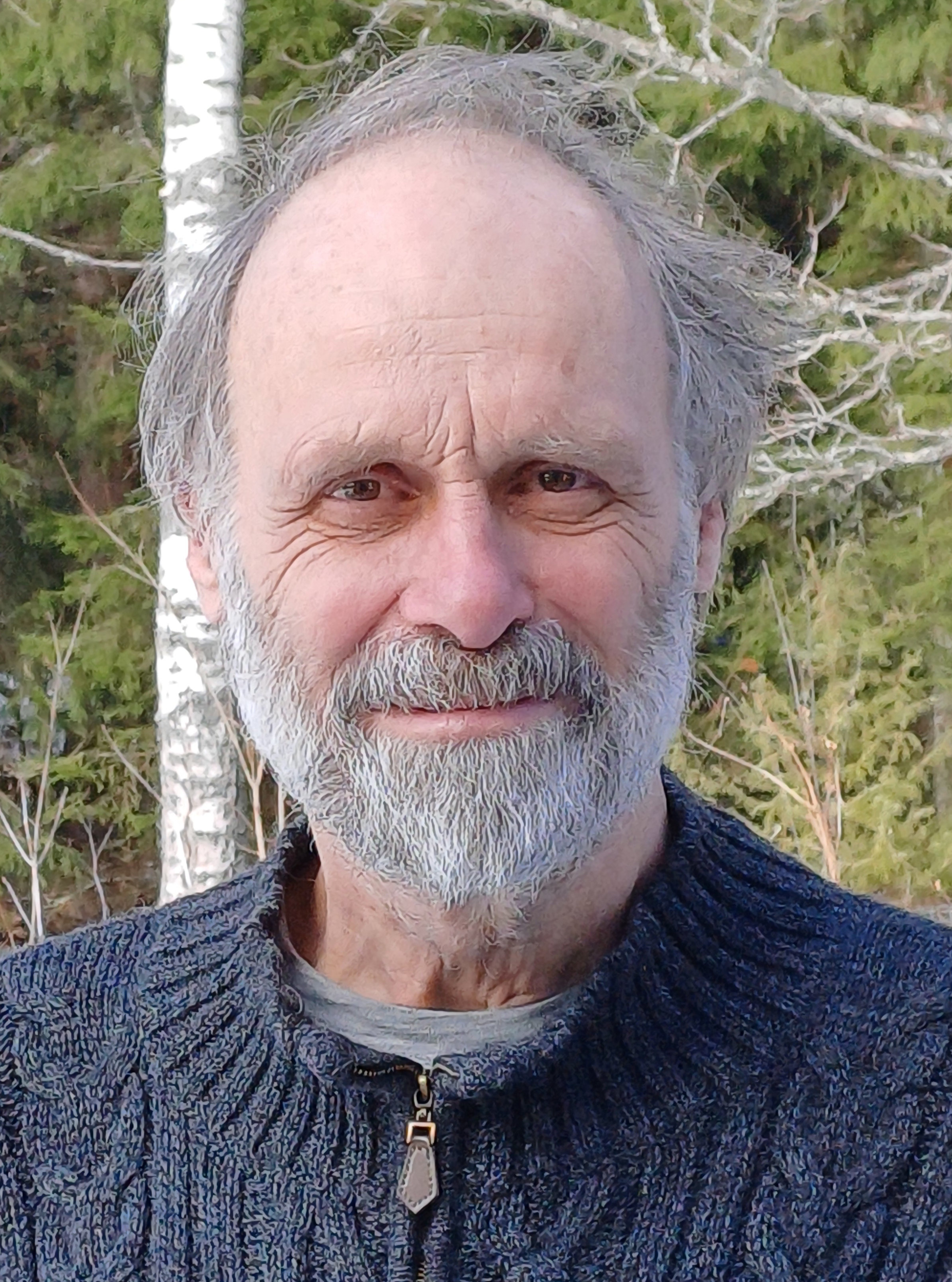

Stats4SD is committed to supporting sustainable development around the world using data and analysis to inform policies and actions. We help people collect and organise information to solve real-world problems for the benefit of society and the environment.
We support projects in areas ranging from food systems transformation and agroecology to promoting women’s health, supporting education and understanding the challenges of displaced people. While we are familiar with many of these areas, we are not specialists in any of them. Our role, as experts in data and methods support, is to empower you to answer your research questions efficiently, organise your information, produce reliable results and present them clearly to your audiences.
The Stats4SD team understands the constraints of collecting, processing and analysing data in low-resource and politically challenging environments. We have a strong track record of helping people to find innovative solutions for their data and information needs.
Our aim is to support research that feeds into actions and outcomes that promote sustainable development by empowering organisations to achieve their goals. Sometimes this goes beyond answering the original research question.

The Forest Stewardship Council (FSC) is a world leader in sustainable forestry. It recently asked Stats4SD to assess two complex statistical models it was using – a Machine Learning model and a hierarchical Bayesian regression – to find out which of the two models worked better.
We also have a programme of e-learning and a set of open-source tools to help you improve your data collection, processing and analysis skills in the context of sustainable development.
You can find out more about our philosophy and principles here.
To learn more about how we can help you, please contact:

Managing Director

Managing Director
Carlos leads Stats4SD and advises partners and clients on complex research design and robust methodologies in the context of sustainable development. With over 30 years’ experience, Carlos specialises in quantitative methods, participatory action research and mixed methods. He is passionate about transdisciplinary research that combines scientific rigour with local knowledge. He works on empowering communities to produce and use evidence to guide change, with a focus on knowledge co-creation to support agroecology, farmer research and food systems transformation. He is part of the leadership team of the McKnight Foundation’s Global Collaboration for Resilient Food Systems (CRFS). Before founding Stats4SD in 2016, he worked for 21 years at the Statistical Services Centre, University of Reading.

Adviser - Research Methods

Adviser - Research Methods
Ric advises our project teams, partners and clients on designing and planning research, mainly in sub-Saharan Africa. He has many years of experience in supporting research relating to food, agriculture and the natural environment, with a focus on agroforestry and agroecology. He is an expert in experimental design, farmer-centred research, systems approaches and assessment. Ric has been part of the research methods support programme for the McKnight Foundation’s Global Collaboration for Resilient Food Systems (CRFS) since 2009, and is a member of the CRFS leadership team. Before working with Stats4SD, Ric was a lecturer in applied statistics at the University of Reading. He also works with CIFOR-ICRAF (World Agroforestry Centre), supporting research teams with methods.